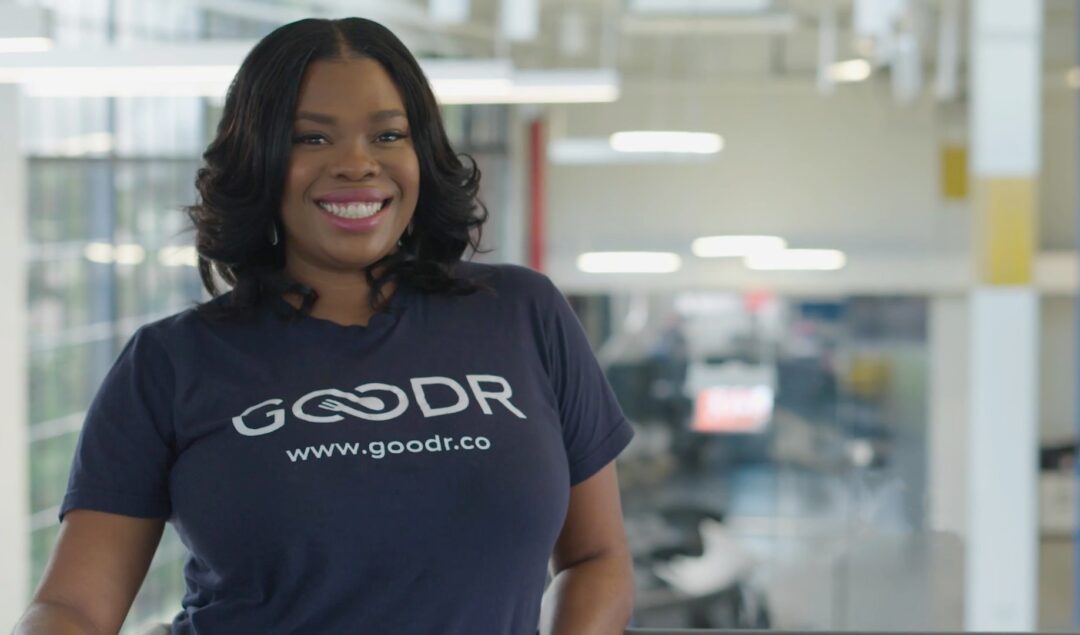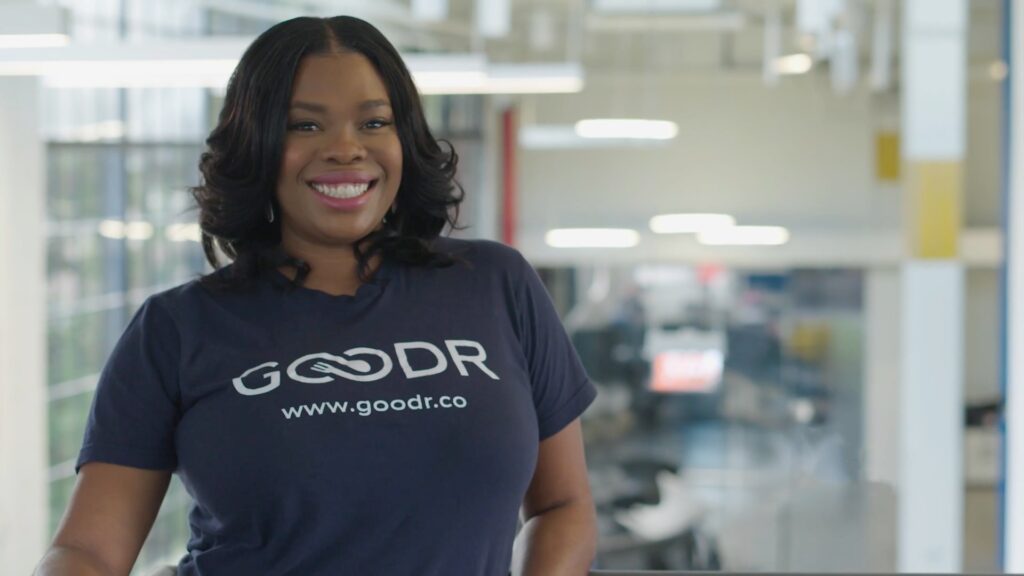Tips For Black Women Trying To Raise Venture-Capital

Raising venture capital is a daunting experience for Black women as both the UK and US startup ecosystems fail Black entrepreneurs with innovative ideas. Furthermore, it’s clear that an entrepreneur’s ethnicity can affect their access to VC in the UK, with Black founders receiving just 0.24% and Black female founders receiving 0.02% of the total venture capital invested over the past 10 years.
And before 2021, only 93 Black female founders in the US had raised $1 million or more in venture capital, according to ProjectDiane, a biennial report on the state of Black and Latina women founders by Digitalundivided.
The report also found that the median seed round in 2020 for Black female entrepreneurs in the US was just $125,000, far less than the national median average of $2.5 million.
Founders always go about things differently – while some, like Rachael Twumasi-Corson, cofounder Afrocenchix, put lots of numbers in her pitch deck.
Others like Jasmine Crowe, the founder of Goodr, decided to put an appendix at the end of her 29-page deck to give investors a clearer understanding of her company and how customers were using it.
Both founders raised millions. But what should a founder know when hoping to raise capital?
Build a strong network
Speaking to Insider, Tiffany Dufu, the founder of the networking app The Cru, said that every Black female founder needs a support group to help her navigate the venture-capital landscape. Her company raised a $2 million seed round in July 2020, led by Bloomberg Beta and Alpine Meridian.
“One of the most important things you can do is collaborate, communicate, ask for help, and be vulnerable with a group of women who are going through the same thing,” Dufu said. These women “can help hold you accountable but also remind you that you’re not going crazy,” she told the outlet.

The insider said that nearly all the Black women they had spoken to said finding people to discuss the pressures of their journeys helped create relationships in the sector, which can lead to advice on which venture-capital firms to pitch and introductions.
Raising money costs a lot – so do your research
“The lure of money leads founders to grossly underestimate the time, effort, and creative energy required to get the cash in the bank. This is perhaps the least appreciated aspect of raising money. In emerging companies, during the fund-raising cycle, managers commonly devote as much as half their time and most of their creative energy trying to raise outside capital. We have seen founders drop nearly everything else they were working on to find potential money sources and tell their story.”
“The process is stressful and can drag on for months as interested investors engage in “due diligence” examinations of the founder and the proposed business. Getting a yes can easily take six months; a no can take up to a year. All the while, the emotional and physical drain leaves little energy for running the business, and cash is flowing out rather than in. Young companies can go broke while the founders are trying to get capital to fund the next growth spurt.” – Harvard Business Review
The Search Is Endless
“After months of hard work and tough negotiations, cash-hungry and unwary entrepreneurs are quick to conclude that the deal is closed with the handshake and letter-of-intent or executed-terms sheet. They relax the street-wise caution they have exercised so far and cut off discussions with alternative sources of funds. This can be a big mistake.
“You must assume the deal will never close and keep looking for investors even when one is seriously interested. While it is tempting to end the hard work of finding money, continuing the search not only saves time if the deal falls through but also strengthens your negotiating position.” – Harvard Business Review
Understand your value proposition
You should be able to articulate your competitive advantage in a couple of sentences, quickly making the case for why an investor should support you rather than any number of companies vying for attention.
It is also crucially important to also understand your market –show you’ve understood the dynamics of the competitive environment in which your business operates. For example, do you know who your competitors are, and can you explain how you differentiate what your business offers? – Greshamhouseventures

Join slack groups with like-minded entrepreneurs to help build the network
The Young Black Austin Slack team has been around for a while and has over 900 members. While the focus of the group is on events around Austin, since the Capital City is a major technology hub, there are often ongoing conversations about the tech scene, raising capital, and more.
There are similar support groups both online and in-person that can be beneficial and help you connect with the right people.
Identify talent gaps
Developing businesses are unlikely to have all the talent they need, even in key roles. Explain where you need to recruit and consider how to bring in new skills and experience. For example, the addition of non-executive directors or other advisers may be helpful – Greshamhouseventures



